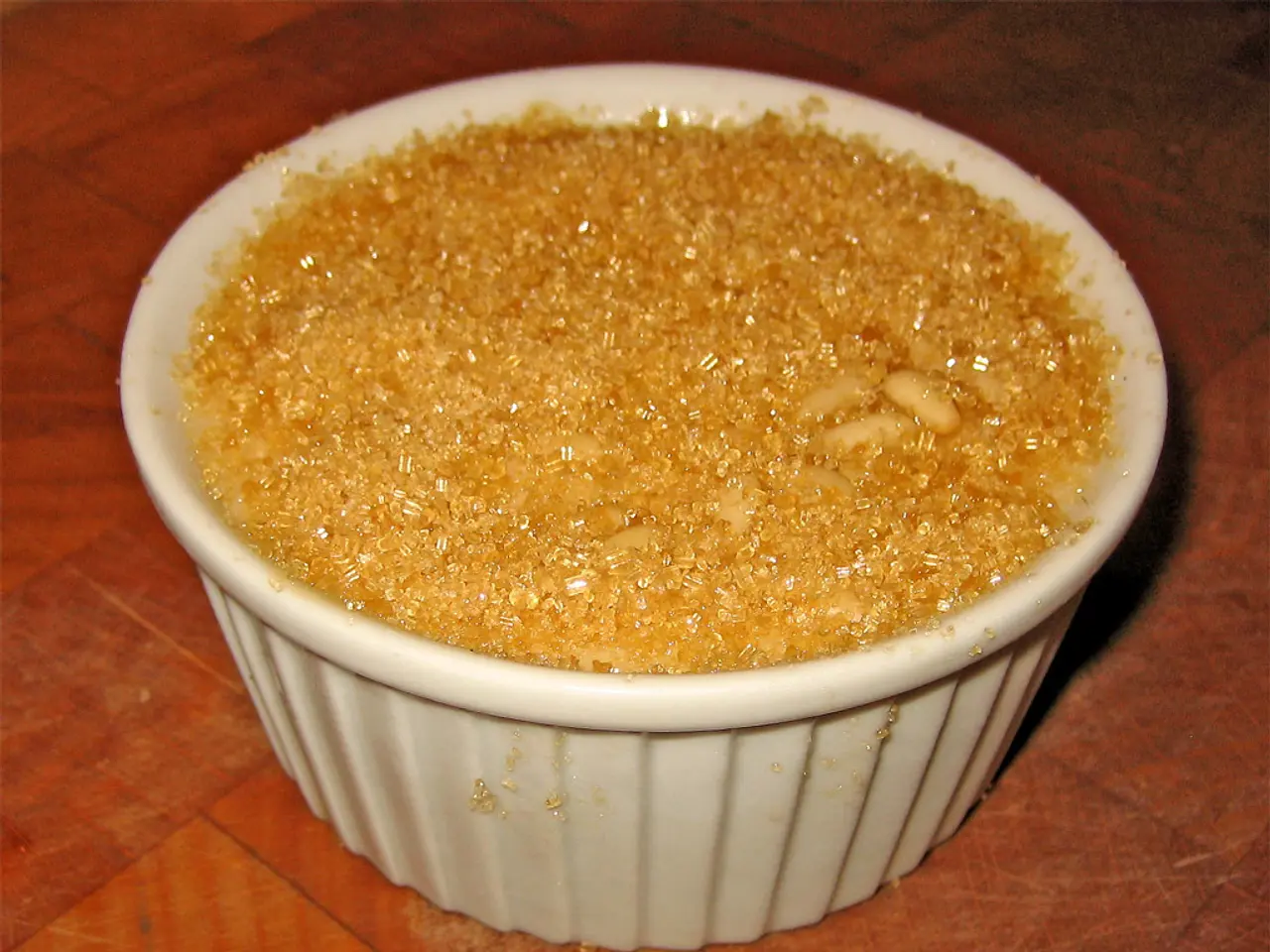Altering Eating Habits through Microbiome Modification: Is It Possible?
The human gut microbiome, a diverse community of trillions of microorganisms, plays a pivotal role in human health and behavior. Recent scientific findings suggest that this microbiome can be actively engineered and manipulated to potentially alter food preferences and improve overall health.
Children exposed to a wider range of microbes early on tend to develop broader food acceptance, especially for fruits and vegetables. This finding underscores the importance of a diverse microbiome in shaping dietary habits.
Early-stage clinical trials are underway to evaluate the efficacy of microbiome manipulation methods in obesity and eating disorders. The hope is that these techniques will become a cornerstone of precision nutrition therapies.
Scientists are exploring various methods, including probiotics and prebiotics, fecal microbiota transplantation, dietary interventions, and targeted antibiotics. The goal is to encourage healthier eating habits and curb unhealthy cravings.
Antibiotic overuse or limited microbial exposure may predispose individuals to picky eating or unhealthy preferences later in life. Therefore, maintaining a diverse and healthy gut microbiome could be key to promoting healthy eating patterns.
Emerging tools allow individuals to analyze their gut microbiome and tailor diets for optimal microbial support and craving control. This personalized approach could revolutionize weight management and chronic disease prevention.
Research shows that the gut microbiome established in infancy and early childhood can have long-lasting effects on taste preferences and dietary habits. Interventions aimed at optimizing the infant microbiome could therefore be a preventive strategy to promote healthy eating patterns from the start.
An imbalance in gut flora can disrupt hormonal signals that govern hunger and fullness, leading to increased cravings or overeating. By manipulating the microbiome, it may be possible to influence host metabolic pathways and brain signaling (gut-brain axis) to modulate cravings, satiety, and immune responses, thus impacting food choice and health outcomes like obesity, diabetes, and inflammation.
Psychologists and nutritionists are beginning to integrate microbiome insights into behavioral therapy protocols, creating holistic approaches to combat emotional eating and promote healthier food choices.
Techniques for manipulating the gut microbiome include genetic engineering of gut microbes with CRISPR and synthetic biology to produce desired metabolites or modulate host metabolism. Dietary interventions, microfluidic and organ-on-chip technologies for targeted bacterial cultivation and study, and probiotic and prebiotic strategies informed by metabolic modeling and microbial ecology are also being explored.
However, these advances pose important challenges such as maintaining gut ecological stability, safety, and regulatory oversight. Despite these challenges, the growing toolkit — including genome editing, synthetic promoters, and computational enzyme redesign — supports a future where gut microbiome engineering can be used therapeutically to manage food preference and overall health.
If we can shift food preferences away from processed, calorie-dense foods toward nutrient-rich options via microbiome manipulation, this could be revolutionary for weight management and chronic disease prevention. The disruption of traditional diets by globalization and processed foods could alter these microbiomes, contributing to rising rates of diet-related diseases worldwide. By understanding and manipulating the gut microbiome, we may be able to combat these trends and promote healthier lifestyles.
Read also:
- Carpometacarpal joint osteoarthritis: Characteristics, origins, remedies
- Local community advancement backed by Goldbach Consulting, with a nationwide initiative for coaching sustainable development professionals
- Managing Aggressive Pitbulls Humanely: An In-Depth Guide
- Economical prospects associated with green transitions significantly expand for Turkey, according to the head of the United Nations' climate change body.








